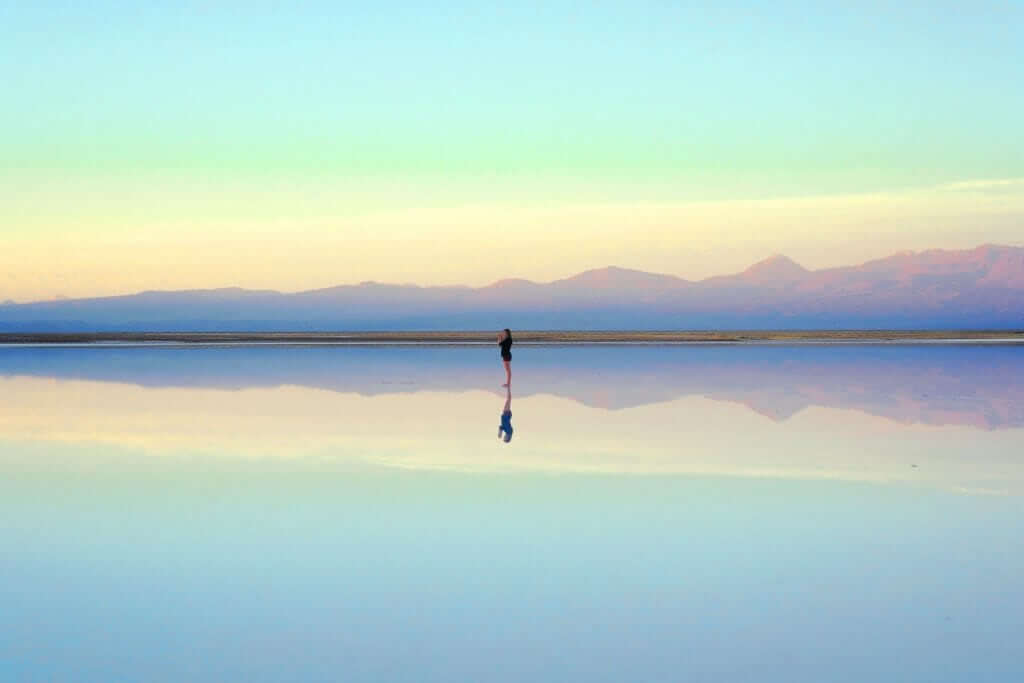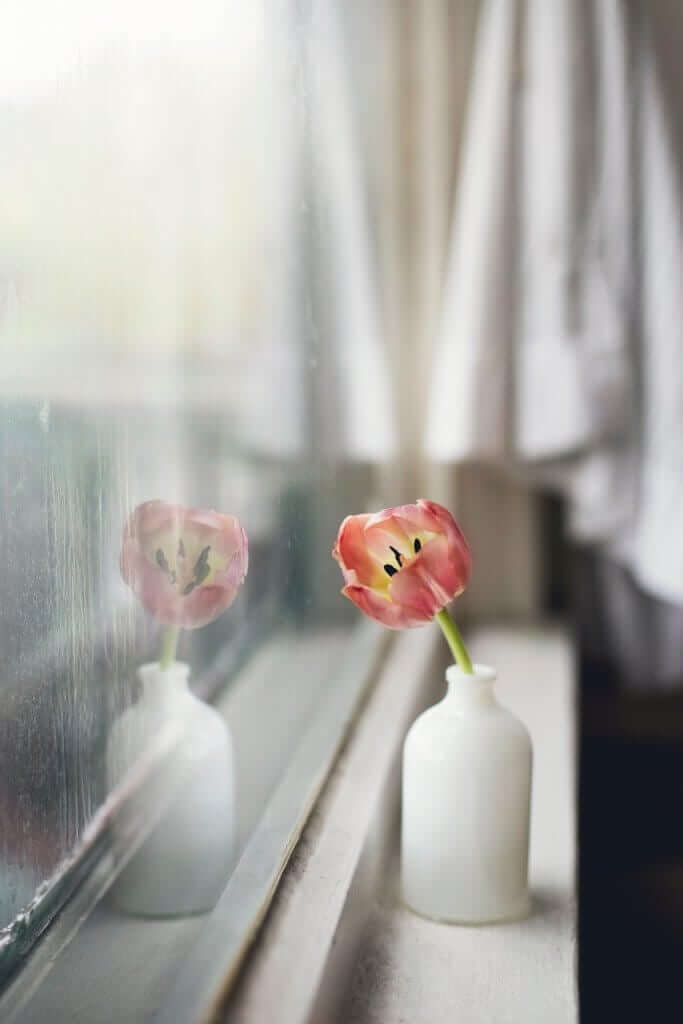As the calendar year draws to a close, it’s natural time to reflect back and look forward. In mindfulness practice, we talk a lot about the present moment: “let go of the past, give up the future; “be in the present,” “just one breath,” and so on. Yet a key part of mindfulness practice is using awareness to learn from the past. Being in the moment is only useful if it includes a willingness to evaluate the results of our actions, learn from our mistakes, and make better decisions going forward.
Learning from our actions is how we develop wisdom, the ability to discern what’s helpful from what’s harmful – for ourselves and the world around us. The more willing we are to look honestly at our lives, the more opportunity we have to grow in wisdom.

We can use mindfulness to reflect in this way. First, we establish presence using a reference point like the sensations of the body sitting or breathing. As the attention gathers around that experience, we then turn our minds to consider our past actions: our words, deeds, even our thoughts. What has been beneficial to ourselves and others? Where did we fall short of our values and expectations? What tripped us up and how can we do things differently next time?
Take some time to feel all of this in your body, letting your heart take it in. How does it feel to have acted in line with our values? What kind of effect does it have on the body and mind? And what about when we err? Where does this register and what kind of residue does it leave?
This is less of a discursive, analytical process than a reflective inquiry. We don’t need to go hunting for mistakes or short-comings, berating ourselves for our folly. Instead, we simply listen inwardly with a spirit of curiosity, humility, and a willingness to learn. If we are genuine in our intention to understand, that sincerity will guide us. Our hearts know when we’ve been out of integrity – with others and with ourselves.

There’s an essential ingredient needed to do this: kindness. We can be so hard on ourselves. Yet as we know from our work with children and youth, learning happens best in supportive, caring conditions. The same is true for our inner process.
Life is messy and we all make blunders – sometimes big ones. We say or do things we wish we could take back. We let ourselves down. Allowing ourselves to feel the sadness and regret in relation to these moments is precisely how we develop the sensitivity and strength to do things differently in the future. Remorse need not be a cause for shame or guilt; it is a catalyst for wisdom.
Instead of sinking in recrimination and self-criticism, we can find the resilience to hold our short-comings with tenderness. From the experience of honest remorse, forgiveness and compassion are born. When we accept our mistakes, our hearts grow lighter. Through acknowledging our own challenges, we develop understanding of ourselves and compassion for others.
So as the year draws to a close, we invite you to take some time to reflect on how things have gone. What’s been going well? Where are you thriving? Where do you want to continue giving energy? And what areas require more attention, care, or restraint? What could you do differently that would bring more happiness and well-being into your life and the lives of those around you?
Here’s a short guided meditation to help you with this process of reflection. We invite you to do this on your own, and then follow it up with the “Being Your Best Self” lesson with your students.
Guided Meditation: Reflection on Ending the Year
From all of us at Mindful Schools, we wish you a Happy New Year. May there be more goodness and peace in this world.